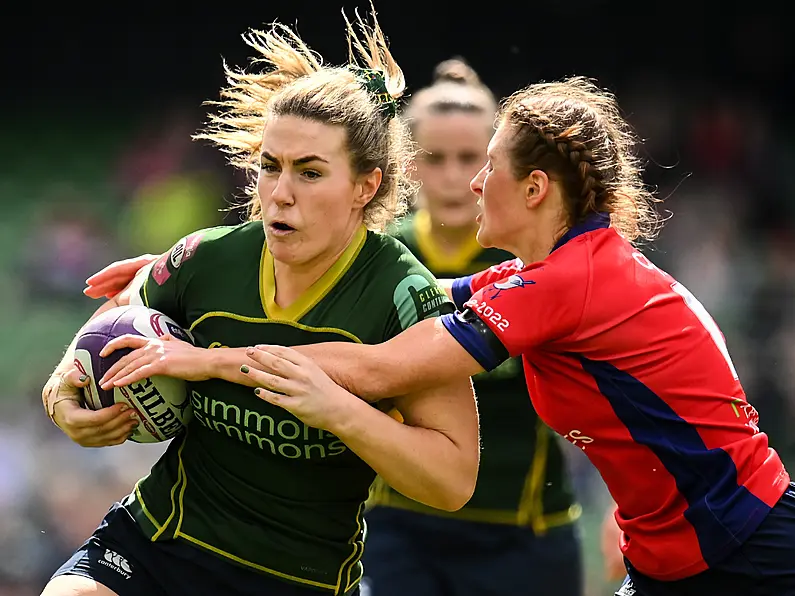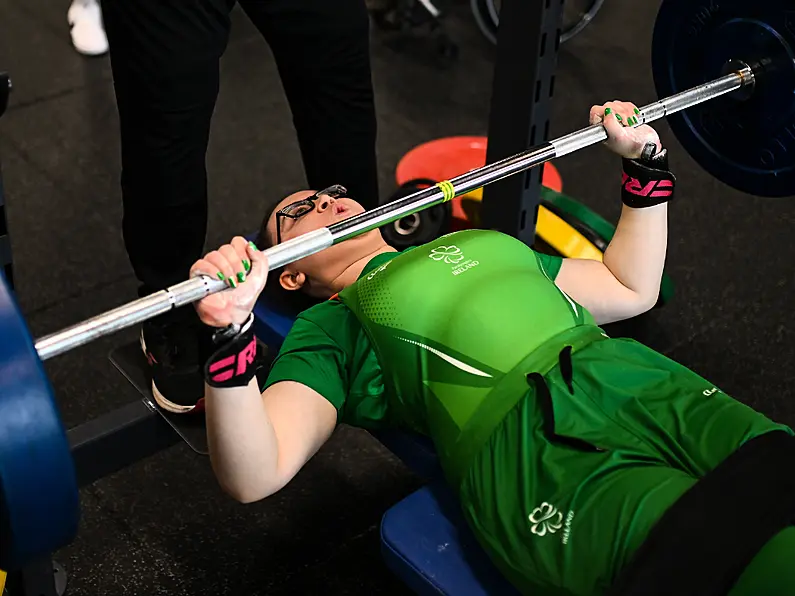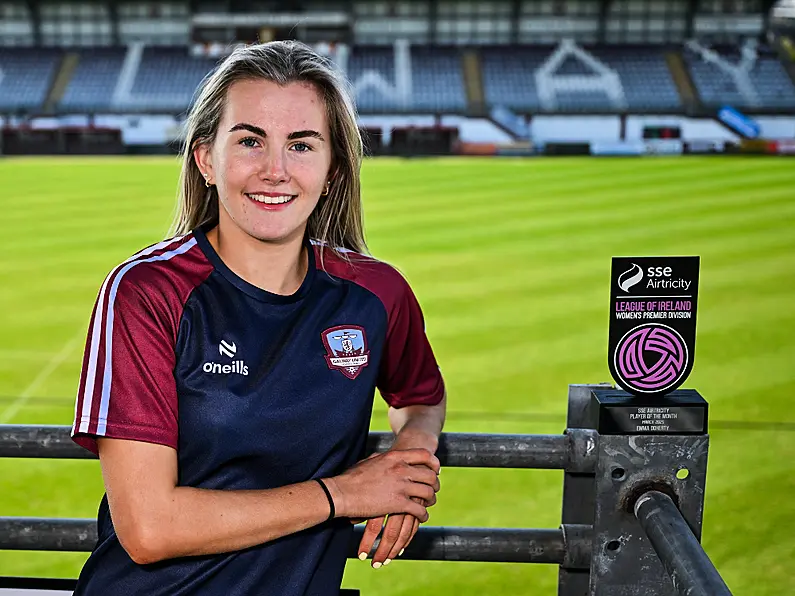Photo Cred: AP Photo/Hamish Blair
With the ninth Women’s World Cup currently underway in Australia and New Zealand, viewers have noticed numerous players sporting a device around their necks. Canada’s midfielder Rebecca Quinn, is one of the first players to be spotted wearing this device, known to be called a ‘Q-Collar’ during the tournament.
‘Q-Collar’ was first put on the market as a medical device in 2021 by the U.S Food and Drug Administration (FDA) which researches brain injuries.
A device that claims to prevent concussion has been worn at a major football tournament for the first time.
The Canada midfielder Quinn, who identifies as non-binary, was pictured wearing a Q-Collar around their neck during the Women's World Cuphttps://t.co/tcgEBcGzhO— Times Sport (@TimesSport) July 25, 2023
The main purpose of the ‘Q-Collar’ is to prevent and reduce traumatic brain injuries that can occur with playing contact sports. Scientists’ studies have shown that female athletes competing in contact sports are more prone to traumatic brain injuries and are more likely to undergo brain-related injuries.
The ‘Q-Collar’ provides mild compression against jugular veins which causes a very small backfilling into the cranial space. The build-up of blood acts as a cushion, which prevents the excessive brain movement within the skull that can cause injuries.
There has been some debate over the device. Some researchers have questioned the approach in the studies supporting the effectiveness of the Q-Collar. Others have claimed that the device would encourage athletes to take risks that they otherwise wouldn’t.
Know all about 'anti-concussion Q-Collar' #FIFAWomenWorldCup #QCollar #FIFA pic.twitter.com/es8ZhvkmU9
— R.Sport (@republic_sports) July 25, 2023
“The danger with a device like this is that people will feel more protected and play differently and behave differently” said Professor James Smoliga of physiology at High Point University in North Carolina, according to the New York Times.
However the FDA found that ‘no significant adverse events were associated with device use’ and that the ‘probable benefits outweigh the probable risks’
While the research on this issue is still inconclusive, it is still understandable that female athletes want to take precautions against brain injuries and use devices such as the Q-Collar.












